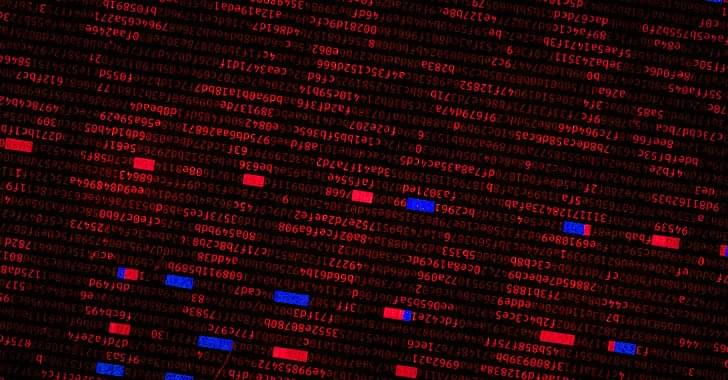Here’s why you might eat greenhouse gases in the future.



An echo chamber is an infinity of mirrors. Photo: Robert Brook via Getty Images
“One way the internet distorts our picture of ourselves is by feeding the human tendency to overestimate our knowledge of how the world works,” writes philosophy professor Michael Patrick Lynch, author of the book The Internet of Us: Knowing More and Understanding Less in the Age of Big Data, in The Chronicle of Higher Education. “The Internet of Us becomes one big reinforcement mechanism, getting us all the information we are already biased to believe, and encouraging us to regard those in other bubbles as misinformed miscreants. We know it all—the internet tells us so.”




Controlling nanolasers with magnets lays the groundwork for more robust optical signaling.
A magnetic field can be used to switch nanolasers on and off, shows new research from Aalto University. The physics underlying this discovery paves the way for the development of optical signals that cannot be disturbed by external disruptions, leading to unprecedented robustness in signal processing.
Lasers concentrate light into extremely bright beams that are useful in a variety of domains, such as broadband communication and medical diagnostics devices. About ten years ago, extremely small and fast lasers known as plasmonic nanolasers were developed. These nanolasers are potentially more power-efficient than traditional lasers, and they have been of great advantage in many fields—for example, nanolasers have increased the sensitivity of biosensors used in medical diagnostics.

Imagine windows that can easily transform into mirrors, or super high-speed computers that run not on electrons but light. These are just some of the potential applications that could emerge from optical engineering, the practice of using lasers to rapidly and temporarily change the properties of materials.
“These tools could let you transform the electronic properties of materials at the flick of a light switch,” says Caltech Professor of Physics David Hsieh. “But the technologies have been limited by the problem of the lasers creating too much heat in the materials.”
In a new study in Nature, Hsieh and his team, including lead author and graduate student Junyi Shan, report success at using lasers to dramatically sculpt the properties of materials without the production of any excess damaging heat.

New technique means head lice can provide clues about ancient people and migration.
Human DNA
DNA, or deoxyribonucleic acid, is a molecule composed of two long strands of nucleotides that coil around each other to form a double helix. It is the hereditary material in humans and almost all other organisms that carries genetic instructions for development, functioning, growth, and reproduction. Nearly every cell in a person’s body has the same DNA. Most DNA is located in the cell nucleus (where it is called nuclear DNA), but a small amount of DNA can also be found in the mitochondria (where it is called mitochondrial DNA or mtDNA).

The transmission electron microscope (TEM) can image molecular structures at the atomic scale by using electrons instead of light, and has revolutionized materials science and structural biology. The past decade has seen a lot of interest in combining electron microscopy with optical excitations, trying, for example, to control and manipulate the electron beam by light. But a major challenge has been the rather weak interaction of propagating electrons with photons.
In a new study, researchers have successfully demonstrated extremely efficient electron beam modulation using integrated photonic microresonators. The study was led by Professor Tobias J. Kippenberg at EPFL and by Professor Claus Ropers at the Max Planck Institute for Biophysical Chemistry and the University of Göttingen, and is published in Nature.
The two laboratories formed an unconventional collaboration, joining the usually unconnected fields of electron microscopy and integrated photonics. Photonic integrated circuits can guide light on a chip with ultra-low low losses, and enhance optical fields using micro-ring resonators. In the experiments conducted by Ropers’ group, an electron beam was steered through the optical near field of a photonic circuit, to allow the electrons to interact with the enhanced light. The researchers then probed the interaction by measuring the energy of electrons that had absorbed or emitted tens to hundreds of photon energies. The photonic chips were engineered by Kippenberg’s group, built in such a way that the speed of light in the micro-ring resonators exactly matched the speed of the electrons, drastically increasing the electron-photon interaction.